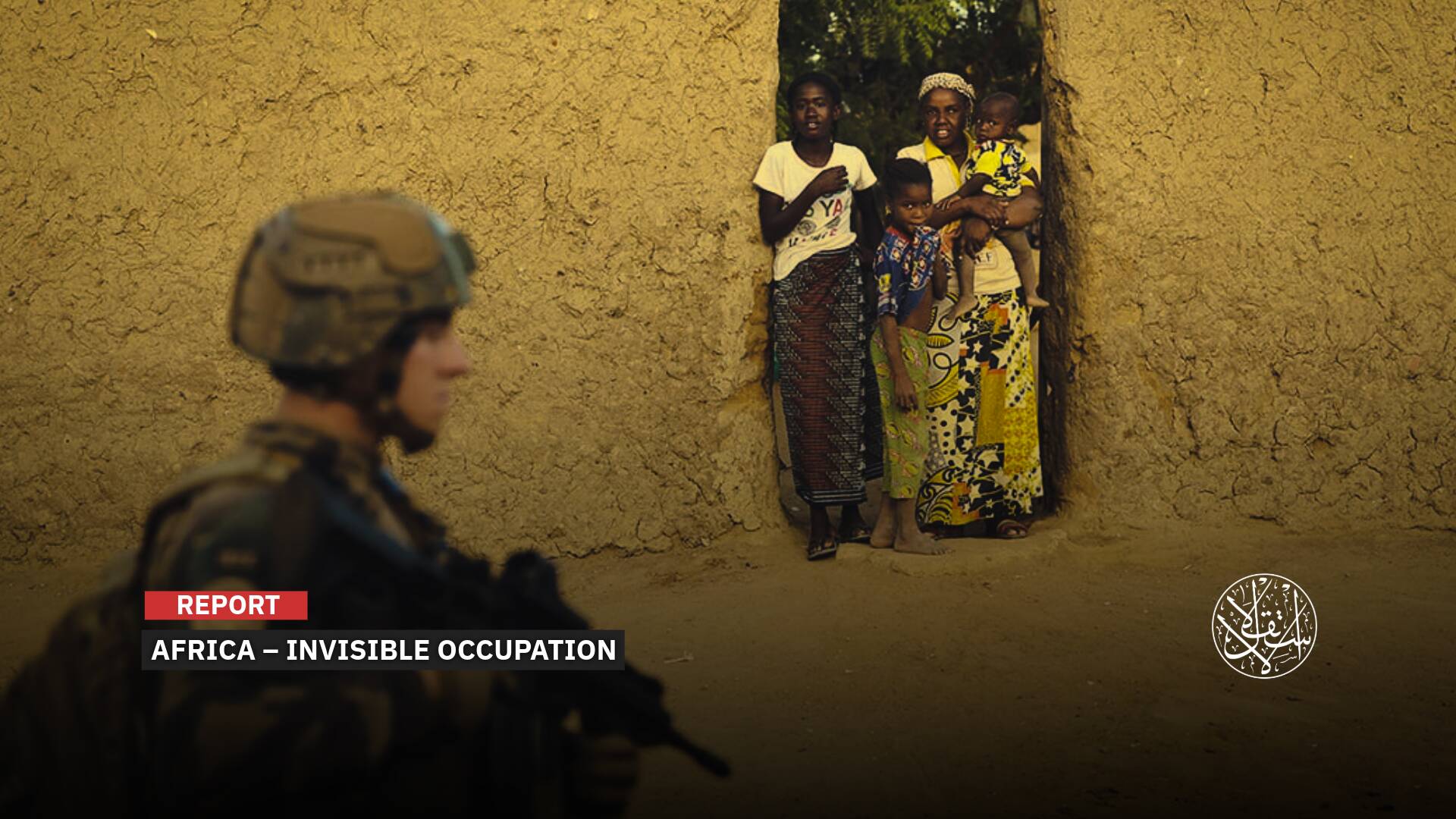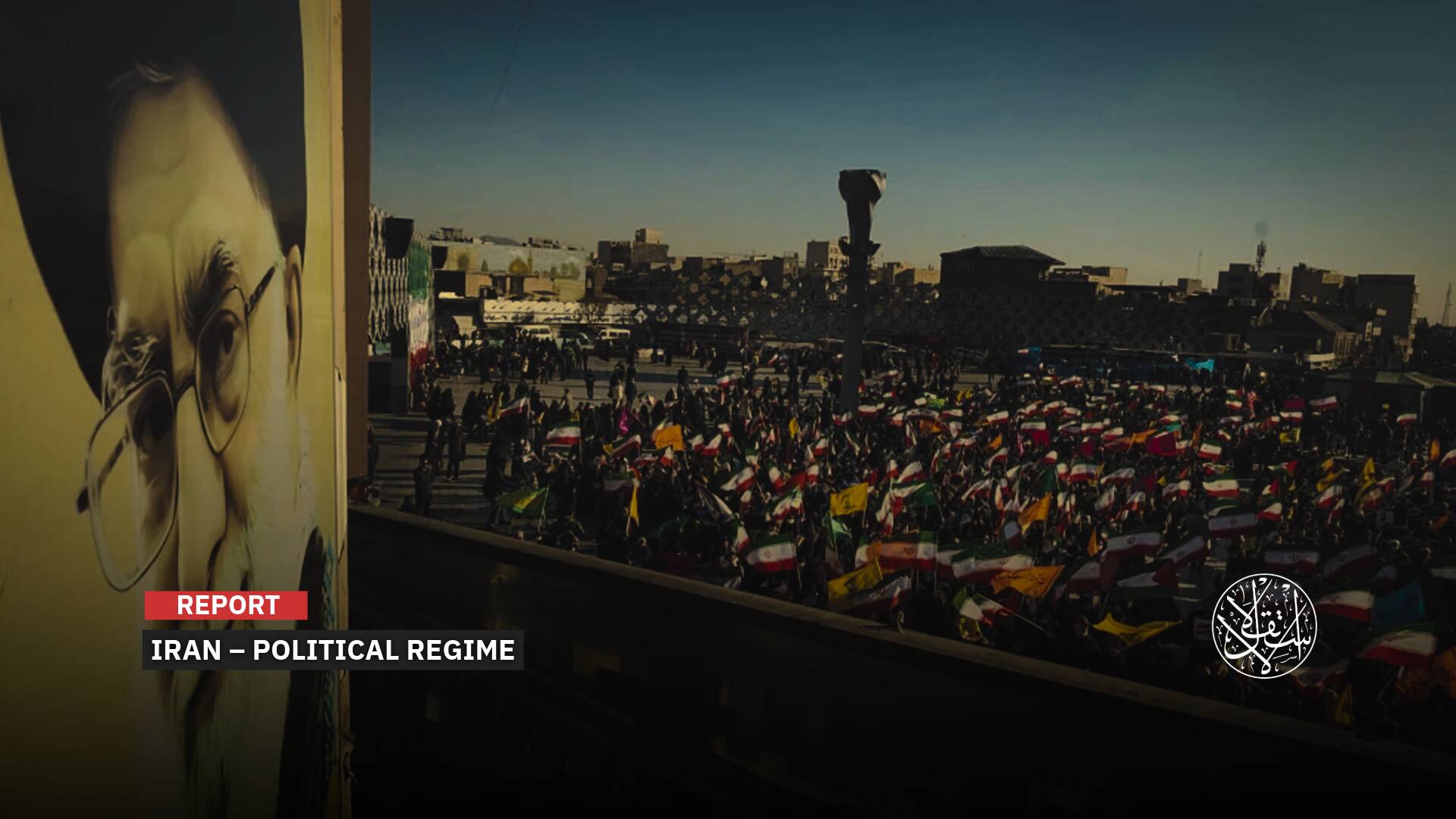Amid Vague Polls, Who Will Win the Upcoming Israeli Knesset Elections?

On November 1, 2022, Israeli parties and lists are preparing to contest the Knesset (parliament) elections, the fifth in three years, to form a new government, amid expectations that the fortunes of the right-wing Likud party led by Benjamin Netanyahu will rise.
On June 30, 2022, Israeli lawmakers voted to dissolve the Knesset after the collapse of the ruling coalition led by Naftali Bennett, which paved the way for early elections, and Foreign Minister Yair Lapid handed over the leadership of a transitional government to run the election phase.
The recent aggression on the Gaza Strip, which lasted for three days during August 2022, was not far from the effects of the Knesset elections. Israeli sources indicated that the current prime minister, Yair Lapid, was seeking to raise his electoral tally through the war.
Map of Powers
A number of Israeli lists and parties are competing in the upcoming Knesset elections, as many alliances have been formed, but others will participate alone, and this applies to some extent to the Arab lists as well.
Among the most prominent of these parties are the Likud party led by former Prime Minister Benjamin Netanyahu, and joining its camp are the Shas party led by Aryeh Deri, the Religious Zionism movement headed by Bezalel Smotrich, and the United Torah Judaism party led by Moshe Gafni, and those seeking to lead the next government.
As for the opposition camp, it includes parties such as the New Hope coalition led by Gideon Sa'ar, and Blue and White led by Defense Minister Benny Gantz, and the two formed an alliance led by the latter to contest the early elections.
Also from the opposition camp are the Yisrael Beiteinu party led by Avigdor Lieberman, the There is a Future party led by Yair Lapid, the left-wing Labor led by Merav Michaeli, and the left-wing Meretz party led by Yair Golan.
Shortly after Naftali Bennett, who headed the Yamina party, decided to retire from political life, his partner, Interior Minister Ayelet Shaked, headed the party and formed an alliance named after the Zionist spirit with Derech Eretz and Communications Minister Yoaz Hendel.
The leaders of the New Hope, Israel Our Home, and Blue and White parties refuse to join a government headed by Netanyahu, who is considering an indictment against him by the Israeli Central Court, which includes suspicions of corruption crimes.
In the same context, the leader of the far-right Otzma Yehudit party, Itamar Ben Gvir, announced on August 15, 2022, that his movement will run in the Israeli elections on an independent list called the National Union-Tekuma and will not continue to ally with the Religious Zionism movement.
As for the Arab lists, there are two main lists: The United Arab List headed by Mansour Abbas, which had participated in the government coalition with Naftali Bennett and Yair Lapid, and the Joint List led by Ayman Odeh, which had emerged in the opposition.

Gaza War
In light of the competition between the Israeli parties, the Hebrew sources indicate that the caretaker government led by Lapid ignited the fire of war in an effort to increase the latter's chances in the elections, as was done by his predecessors, especially Netanyahu, when he was in power for more than 12 years, and whose term expired in the 2021 elections.
On August 16, the Hebrew newspaper Haaretz said that the war on Gaza led by Lapid was an unrepeatable opportunity to miss opposition leader Benjamin Netanyahu by winning the November elections.
According to Haaretz, with each passing week, Lapid remains confined to the prime minister's office, gains more points in public opinion polls regarding his suitability for the job, and closes a bit of a gap with his rival, Prime Minister Netanyahu.
On his part, the Jordanian strategic analyst Dr. Munther al-Hawarat said that "the aggression against Gaza and the Palestinians, in general, is one of the elements of the elections because Israeli society has become extremist, specifically towards the Palestinian cause."
Dr. al-Hawarat explained during statements to the Jordanian newspaper Al-Ghad on August 17, 2022, that "Israeli politicians are always trying to prove that they hold the big stick against the Palestinians in any demand."
He pointed out that "during the electoral stages, we find that the nominated Israeli politicians promise that being strict in the Palestinian cause gives them a great opportunity in front of this broad sector of the Israeli electorate."
However, Israeli security analyst Roni Shaked, during an interview with Anadolu Agency on August 17, 2022, ruled out the analyzes that linked the military operation to the Israeli elections.
The Israeli expert said: "In practice, there are 3 people competing in the elections, and they are Prime Minister Yair Lapid and Defense Minister Benny Gantz, who actually led the military operation, and the third is opposition leader Benjamin Netanyahu, who, after a meeting with Lapid, announced his support for the attack as well."
On August 5, 2022, the Israeli occupation forces launched an aggression on Gaza that lasted for three days, killing 46 Palestinians, wounding 360 of varying severity, and destroying many residential and government buildings in the besieged Strip.

Polls Results
With regard to opinion polls conducted by the Hebrew media, the latest public opinion poll, the results of which were published by Maariv newspaper on August 19, 2022, showed that in the event of an election, the right-wing camp supporting Netanyahu would obtain 59 seats out of 120 seats.
The distribution of the right-wing camp is as follows: Likud: 32 seats, Shas: 8 seats, Torah Judaism: 7 seats, the National Union-Tekuma headed by Ben Gvir 7 seats, Religious Zionism: 5 seats, with warnings that it could fall under the discount rate.
On the other hand, the camp that formed the government coalition won 55 seats. As for the Arab lists, the poll showed that the Unified List got 4 seats, and the Joint List settled at 6 seats.
The poll predicted that the Yamina party, headed by Bennett, would disappear from the winning forces and that the Zionist Spirit coalition, formed by his former party partner Shaked, would not succeed in exceeding the threshold for representation in the Knesset.
Prior to that, an opinion poll published by the Hebrew Channel 12 on July 28, 2022, showed the Likud party leading after obtaining 33 seats out of 120 in the Knesset.
In the second place, the Future party with 23 seats, while Blue and White and New Hope got 11 seats, Religious Zionism got 9 seats, Shas got 8 seats, Torah Judaism got 7 seats, and the Joint List got 6 seats.
The Yisrael Beiteinu, Labor, and Meretz parties won 5 seats each, while the Zionist Spirit party and the United Arab List won 4 seats each, according to a Hebrew channel poll.
Forming a government requires obtaining the confidence of at least 61 of the 120 Knesset members, as the Maariv poll confirmed that no political party will be able to decide the outcome of the upcoming elections and thus form a government.

On his part, political science professor and expert in Israeli affairs Dr. Ayman al-Raqab said that "recent opinion polls indicate that Netanyahu's camp will win 61 seats in the upcoming Knesset elections and that the Yamina and Meretz parties will not reach the electoral threshold."
"These polls are not final because many believe that General Gadi Eisenkot [former chief of staff in the Israeli army] may influence his joining one of the parties," Dr. al-Raqab said during an interview with the Russian news agency Sputnik on August 13.
He pointed out that "the alliance of Gantz and Sa'ar so far is the third party, but this alliance will not win more than 20 seats in the next elections."
The expert in Israeli affairs stressed that "the electoral map will change, and the polls are not final, but so far the polls' surprise is the Religious Zionism party."
On August 14, 2022, Gadi Eisenkot announced his joining the electoral list headed by Benny Gantz, announcing his entry into the battlefield of politics.
Sources
- The far-right Itamar Ben Gvir is running in the Israeli elections on an independent list [Arabic]
- Arab parties are running in the Israeli elections with the same leaders [Arabic]
- Israel's upcoming elections will decide Netanyahu's political future [Arabic]
- Opinion polls suggest that Netanyahu will win... Can Gantz's coalition compete for the premiership of Israel? [Arabic]
- Poll: Netanyahu's return to power depends on an alliance with Shaked or Abbas [Arabic]
- Opinion poll: The opposition bloc led by Netanyahu is close to obtaining a majority [Arabic]
- Dissolution of the Israeli Knesset: Lapid takes over the premiership from Bennett and early elections in November [Arabic]
- The upcoming Knesset elections, the red line and the boycott [Arabic]
- An opinion poll carried out for the main bulletin of Channel 12 [Arabic]
- Eisenkot, another general in Israel, from the army to political life.. Does he pose a new challenge to Netanyahu? [Arabic]
- Will The Poisoning of Palestinian Blood Give Lapid a Chance to Win the Elections? [Arabic]
- Maariv poll: Netanyahu's camp did not reach 61 seats [Arabic]









